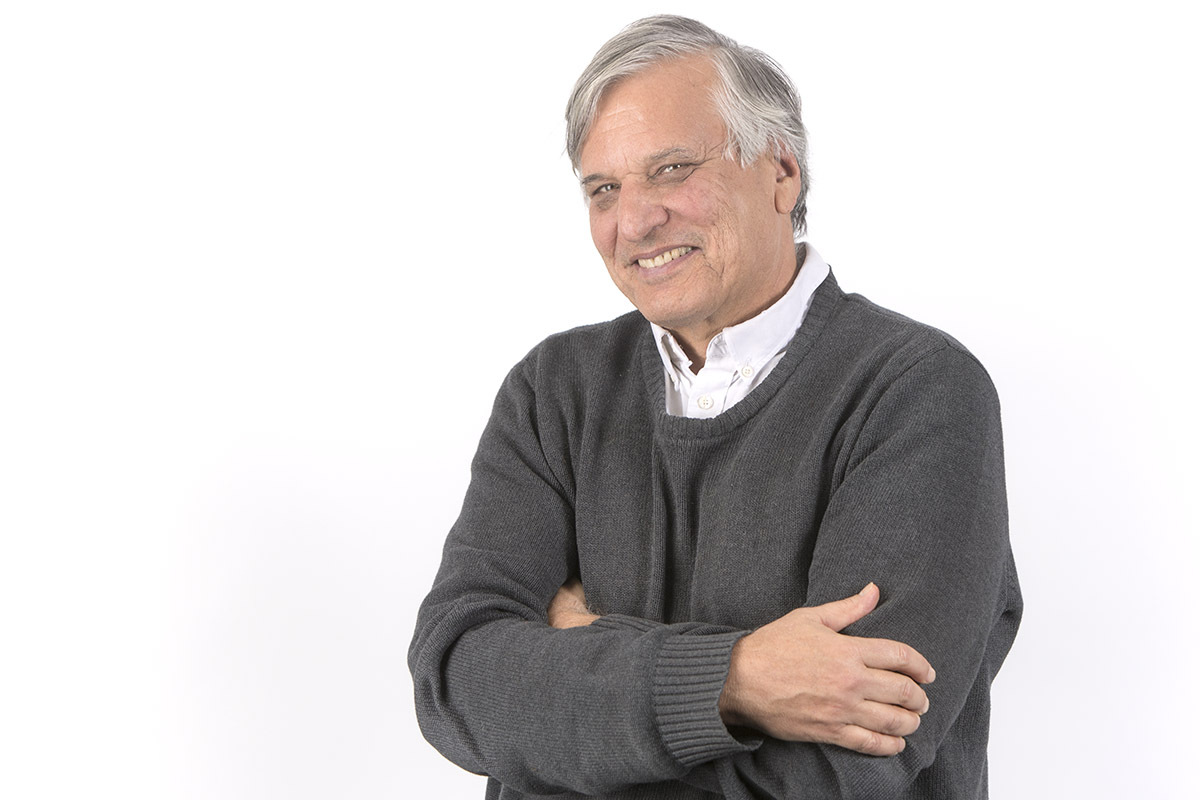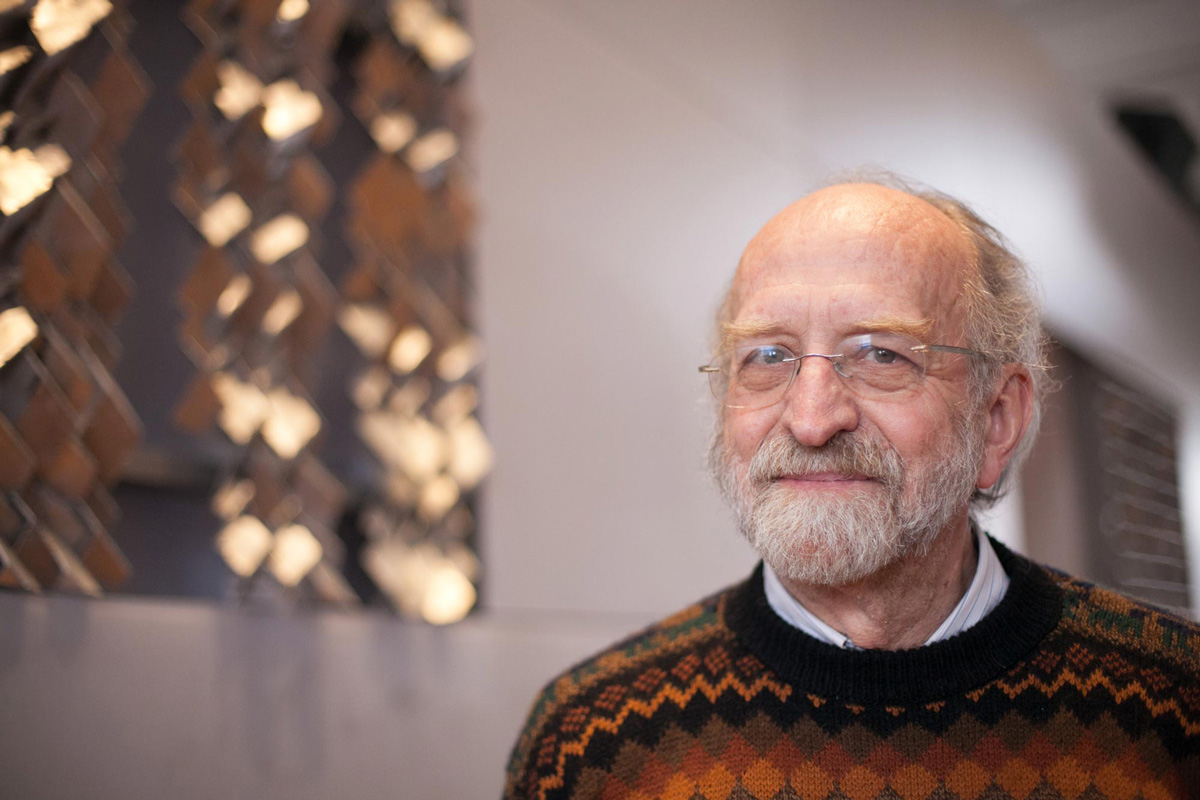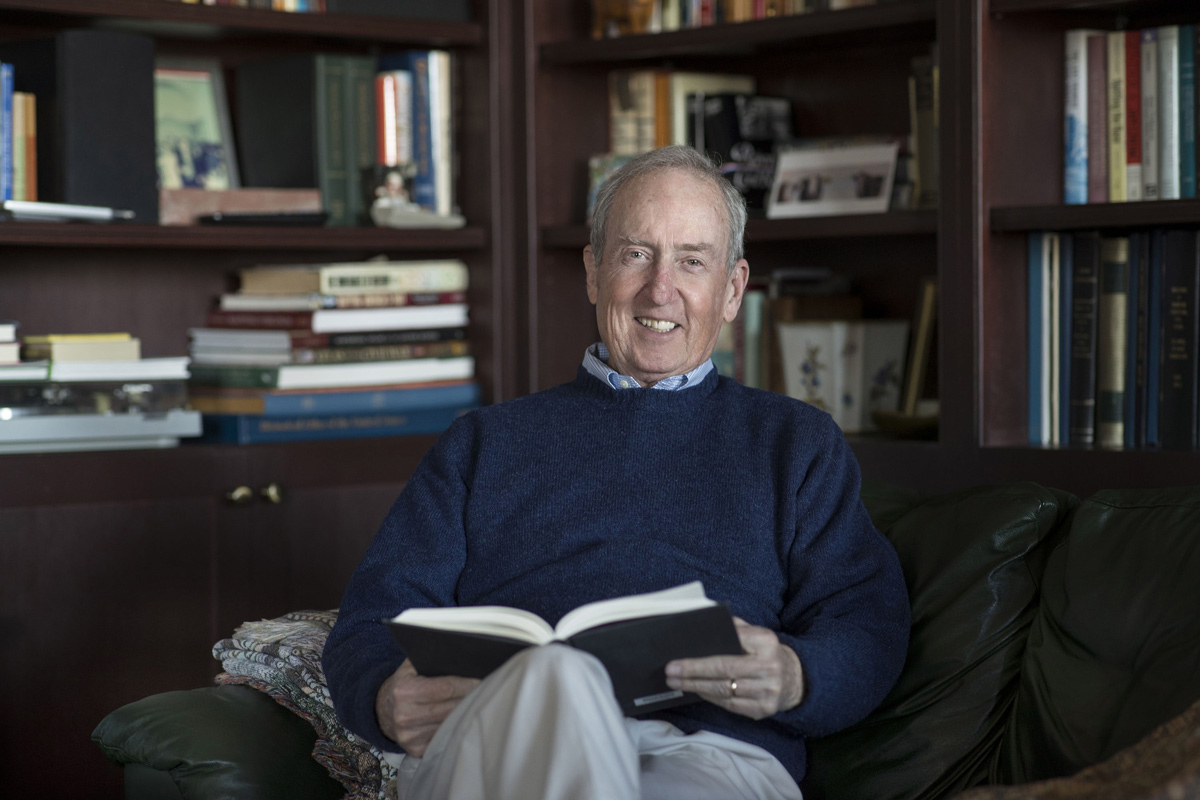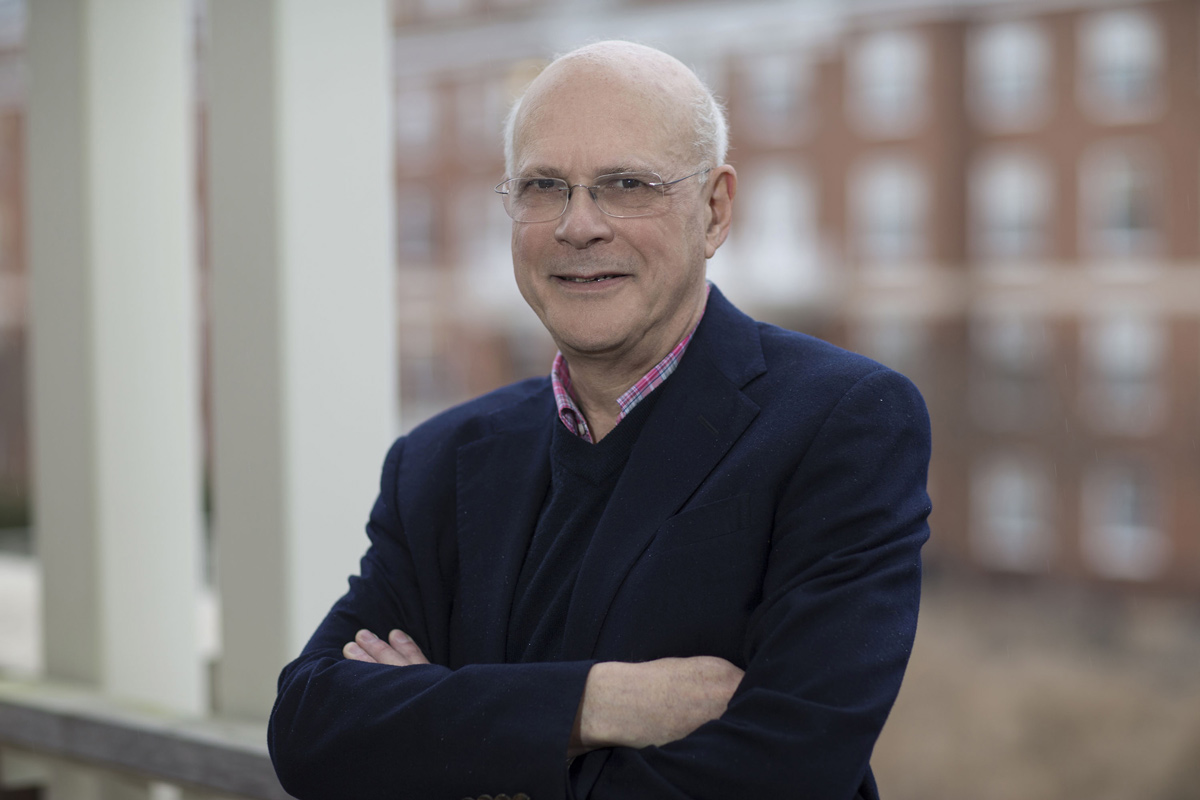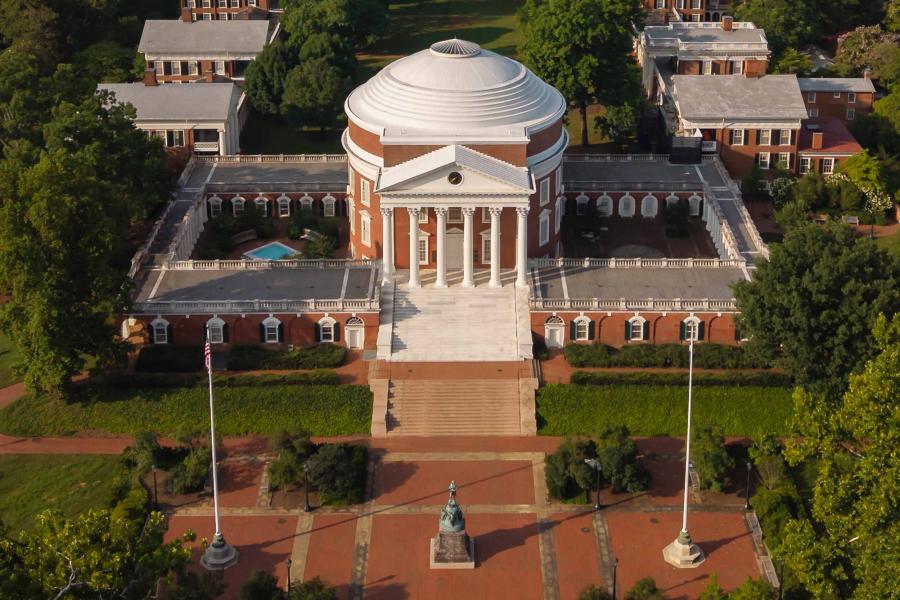“Although I had a promising career in state and local government in Massachusetts and New York City, I discovered that I was far more intellectually curious than I had realized,” he said. “Against the advice of my friends and many historians – since there were no jobs at the time – I enrolled in the doctorate program in history at Johns Hopkins University and never looked back.
“The specific question that led me toward this path was, ‘How did the United States develop a powerful administrative state in the 20th century, given the strong anti-government attitudes that characterized political culture from the founding to this day?’”
While at UVA, Balogh founded and chaired the National Fellowship Program at the Miller Center of Public Affairs and moved it to the Jefferson Scholars Foundation, where it now resides. The recipient of the Z Society Distinguished Faculty Award for 2010-11, Balogh his written or edited six books, including the forthcoming “Not in My Front Yard: How a Political Novice Defeated the Machine.”
Despite his individual accolades, Balogh takes most pride in the number of successful doctoral students he’s trained at UVA and the scholars he has mentored in the National Fellowship Program, which has advanced the careers of 185 doctorate candidates from top programs across the world in history and the social sciences.
Herbert “Tico” Braun
Braun taught at UVA for 39 years, specializing in Latin American history. The native Colombian holds several honors, including the Horace W. Goldsmith Distinguished Teaching Professorship in the Humanities and the 2015 Alumni Association Distinguished Professor award. He has served as a College Fellow, teaching a course on the individual and society in the new Engagements curriculum for first-year students.
Braun points to moments of discovery about people’s everyday lives that propelled his career. One of them was in his native Bogotá, Colombia, when he discovered what would be the inspiration for his final book, “La Nación Sentida.”

